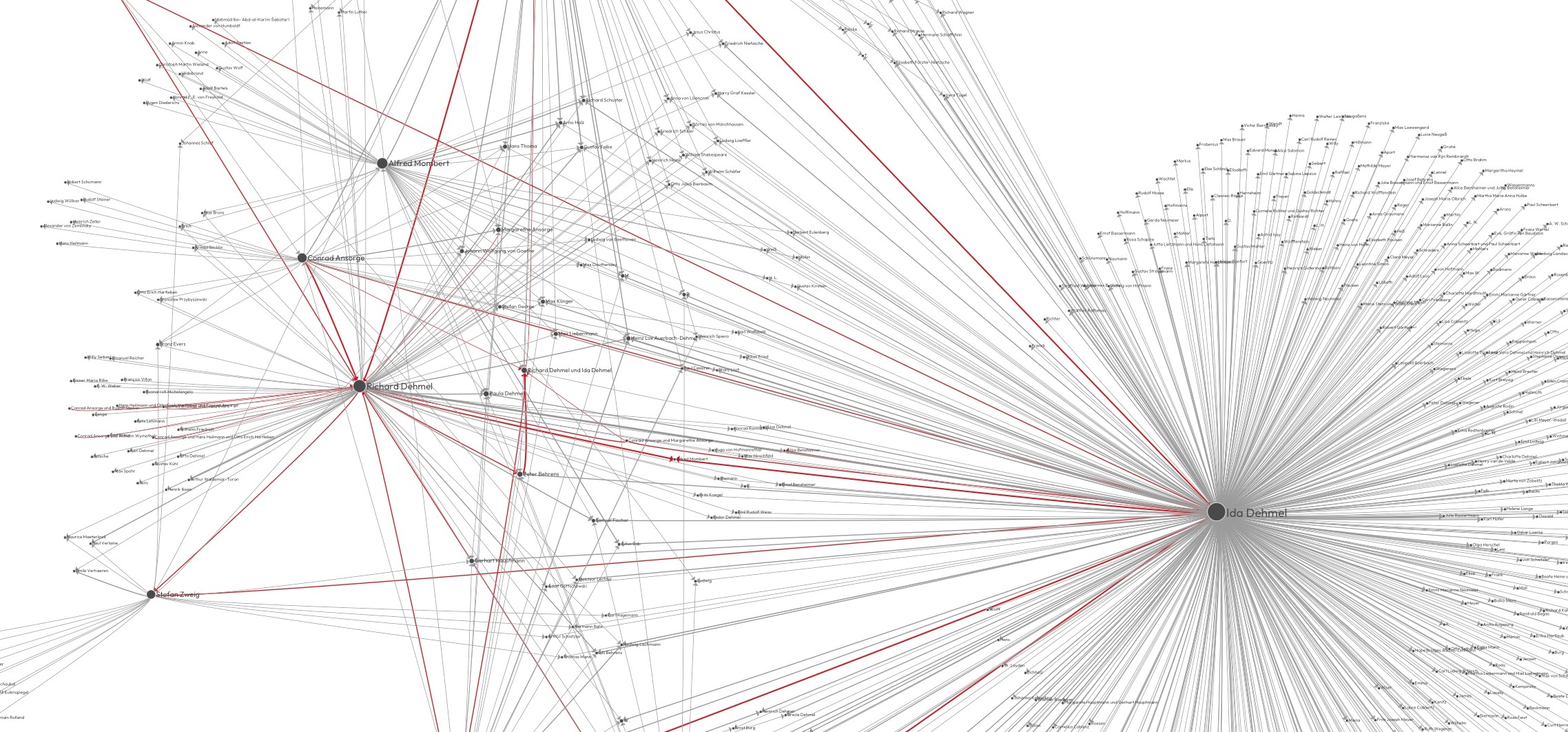
In Kooperation zwischen der Universität Hamburg und der Staats- und Universitätsbibliothek Hamburg werden die ca. 35.000 handschriftlichen Originalbriefe des Dehmel-Archivs
Short description of the project
The digital working environment ediarum is a solution consisting of several software components that allows scholars to edit transcriptions of manuscripts and prints in TEI-compliant XML, add commentaries and a critical apparatus as well as indexes and publish them on the web and in print.
ediarum builds on already existing third-party software components to focus development work on the specific needs and requirements of the scholarly editing community.
ediarum is being developed by TELOTA, the DH initiative at the Berlin-Brandenburg Academy of Sciences and Humanities.
Project content
User-friendly working
Oxygen XML Author is used as the central software component of the working environment. In Oxygen XML Author, editors do not work in a code view, but in a user-friendly ‘author view’ comparable to common Office programmes, which is layouted using cascading stylesheets (CSS). Editors have several views to choose from, so that they can select the most suitable one for the work step at the mouse click. In addition, the scholars can apply XML markup at the touch of a button using a dedicated toolbar. For example, deletions can be marked in manuscripts or notes can be added. Names of persons or places can also be labelled with the corresponding TEI markup and at the same time linked to the respective entry in the central index of persons or places via a convenient selection list. The entire text can thus be easily and quickly labelled with TEI-compliant XML.
Collaborative working
The digital working environment uses the free XML database eXist-db as a central repository for XML documents. The database is installed on a server and accessible online. This allows all project members to access the same database and work together. The ediarum.DB module was developed to simplify setup and configuration.
Website
In addition to the actual input tool in Oxygen XML Author, a website based on eXist-db, XQuery and XSLT is also created for each project. This allows the researchers to easily browse or search through the current database. The website can - depending on requirements - be made accessible only to the project team or the entire public. Examples of digital editions created with ediarum can be found on the [ediarum website](https://www.ediarum.org/referenzen.html).
The ediarum.WEB module can be used to simplify the process of website development.
PDF preview
As a part of ediarum.BASE.edit version 2.1, a PDF preview is integrated, which allows TEI-XML documents to be converted directly from ediarum into a PDF. The design and formatting is done with XSLT and CSS and can therefore be extended and customised to suit the project requirements.
Adaptation to project-specific requirements
The aim of ediarum is to provide a core set of functions that can be developed and deployed across different projects (and institutions). This reduces the workload for all editing projects that use ediarum. The vast majority of functions can also be developed for editions of the same type across projects.
However, there is usually always a part of functions - even if very manageable - that have to be added due to the specific edition or research concept, or the individual project requirement. This is easily possible in ediarum, because in this way, it's bridging a gap between the necessary standardization and the equally necessary orientation towards research questions.
Add your DH research project to the project showcase by submitting a short project description via the web form. Enter project data, a brief description, a graphic or visualization as well as a detailed description of the project content with technical assignment, addressees, added value, project managers, funding information and duration.

In Kooperation zwischen der Universität Hamburg und der Staats- und Universitätsbibliothek Hamburg werden die ca. 35.000 handschriftlichen Originalbriefe des Dehmel-Archivs
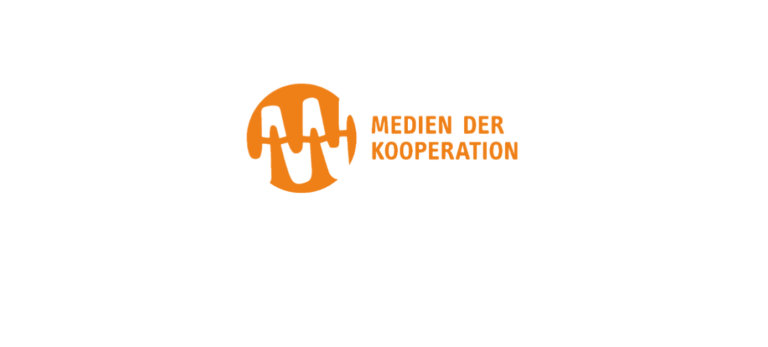
Im Zentrum steht die Erforschung digitaler, datenintensiver Medien, die sich auf breiter Front als kooperative Werkzeuge, Plattformen und Infrastrukturen herausgestellt
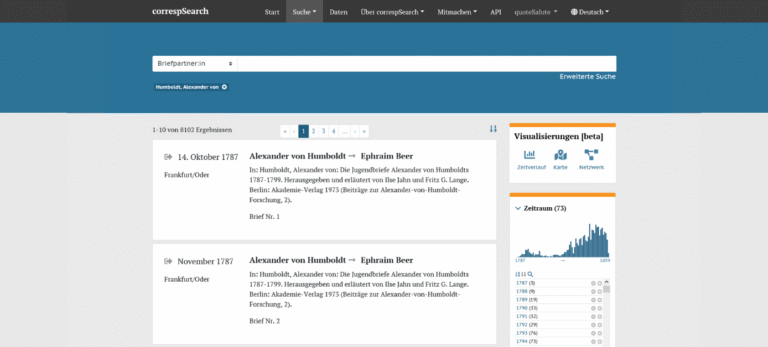
Der Webservice correspSearch wurde entwickelt um ein lange bestehendes Desiderat von Briefeditionen zu beheben: Die edierten Briefe editionsübergreifend durchsuchen zu
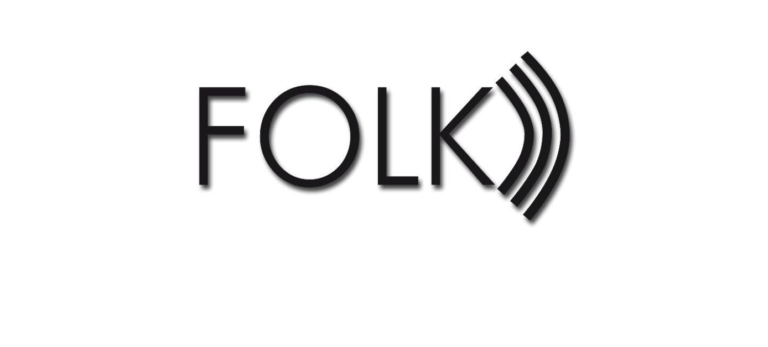
Das Forschungs- und Lehrkorpus Gesprochenes Deutsch (FOLK) wird seit 2008 am Leibniz-Institut für Deutsche Sprache aufgebaut. Das Korpus enthält Audio-
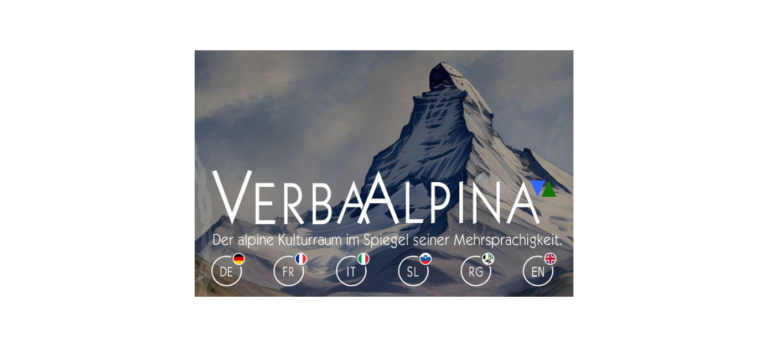
VerbaAlpina widmete sich der Dokumentation der dialektalen lexikalischen Variation im Alpenraum innerhalb regionstypischer Konzeptdomänen.
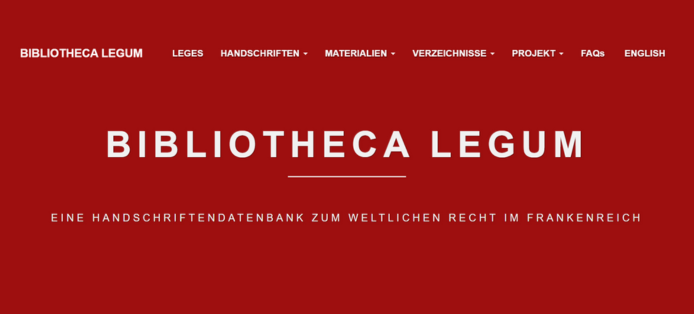
Das Ziel der Bibliotheca legum ist es, einen Überblick über die handschriftliche Produktion weltlichen Rechts in der Karolingerzeit zu geben.
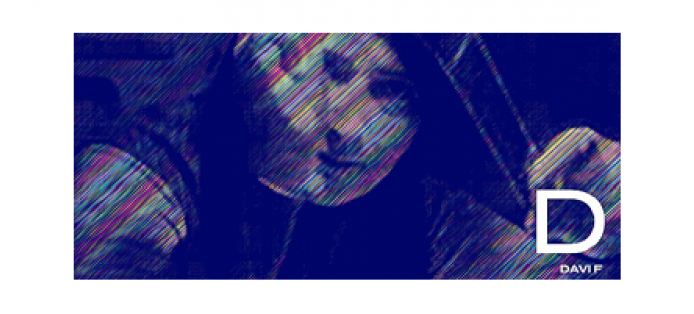
is in die 1990er Jahre war es in der Filmwissenschaft ein Gemeinplatz, dass Frauen in den Anfangsjahren der Filmproduktion nur
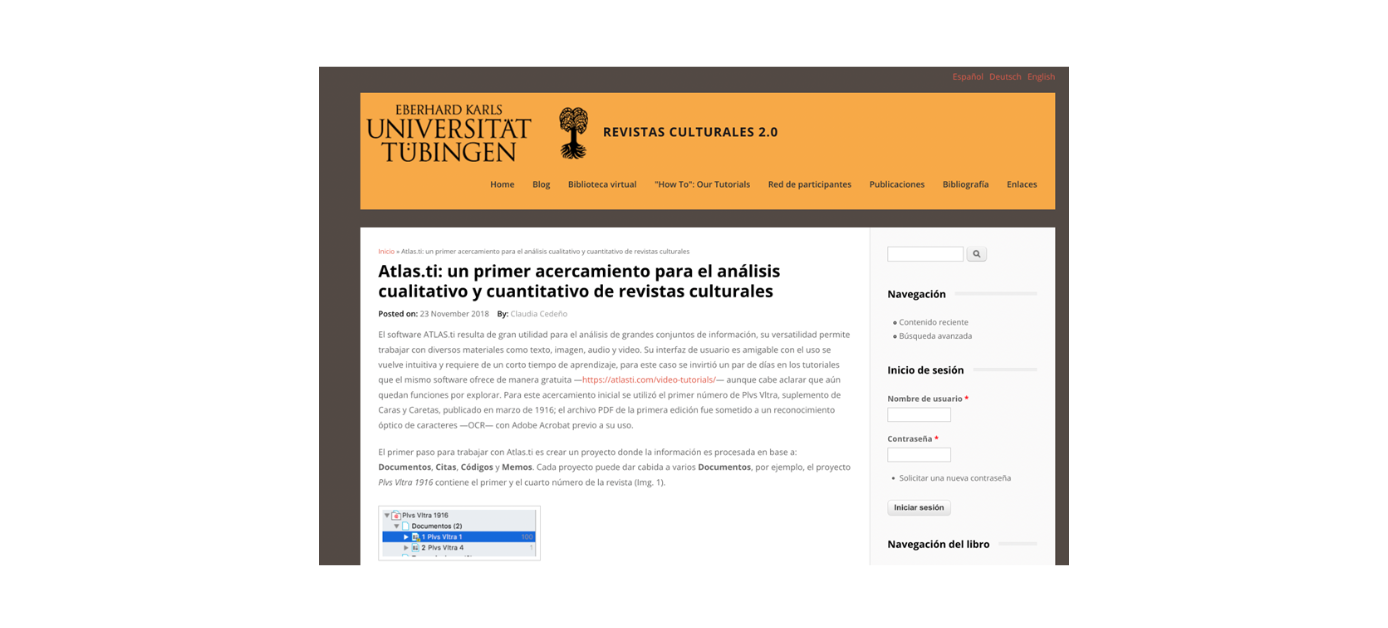
Das Portal Revistas culturales 2.0 dient als virtuelle Forschungsumgebung für alle Interessenten, die sich mit historischen Zeitschriften aus dem spanischsprachigen Kulturkreis beschäftigen.
Wir verwenden Cookies und ähnliche Funktionen zur Verarbeitung von Daten. Die Zustimmung ist freiwillig und kann jederzeit widerrufen werden.